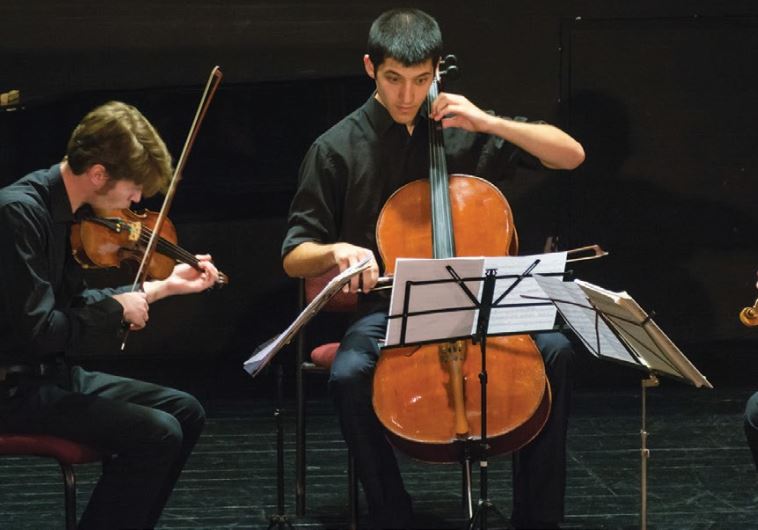A Jew saved J.S. Bach’s church masterwork
Felix Mendelssohn’s great-aunt Sara Levy alerted the baptized grandson of Moses Mendelssohn to the beauty and majesty of Bach’s forgotten masterwork.
 THE MUSETHICA trio performed works by Schubert, Bach and Beethoven at this year’s Voice of Music Festival.(photo credit: GUY KROCCI)
THE MUSETHICA trio performed works by Schubert, Bach and Beethoven at this year’s Voice of Music Festival.(photo credit: GUY KROCCI)